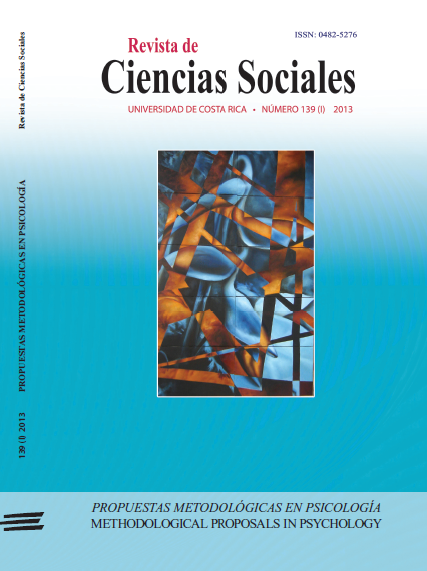Abstract
This article is a psychosocial approach to religious fundamentalism among university students. We analyze the authoritarianism, confidence in political institutions, affect and satisfaction with life, religious affiliation and practices, level of existential quest and others variables. These dimensions are analyzed in its prediction level of religious fundamentalism with statistical analyses. It’s concluded about psychosocial configurations, some organizedaround gender.
Comments
Downloads
Download data is not yet available.


